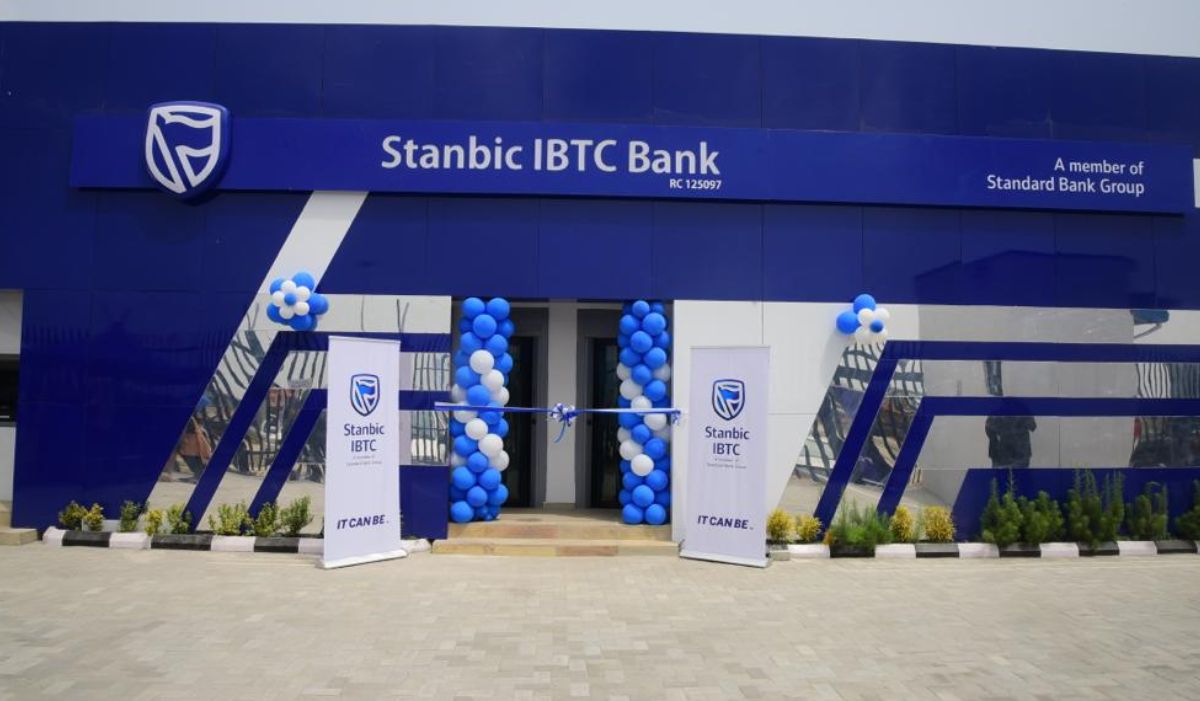Nigeria’s Private Sector Growth Strengthens in August – Stanbic IBTC PMI Report

Nigeria’s private sector recorded stronger growth in August, driven by improved demand and softer inflationary pressures, according to the latest Stanbic IBTC Bank Purchasing Managers’ Index (PMI).
The PMI climbed to 54.2 in August from 54.0 in July, marking the ninth consecutive month above the growth threshold of 50.0. This reading indicated the sharpest improvement in business activity since April, supported by rising output and new orders.
“Business activity increased further in August and has remained above 50 points for the ninth consecutive month. The increase in business activity was driven by sharper increases in output and new orders,” said Muyiwa Oni, Head of Equity Research, West Africa, at Stanbic IBTC Bank.
The survey revealed that output growth hit a four-month high at 56.8 points, while new orders surged to a 19-month high of 58.3, signalling robust customer demand. Out of the four sectors reviewed, three posted growth, with manufacturing being the only exception.
Although employment growth slowed, businesses continued to add staff for a third straight month. Firms also increased input purchases, albeit at a reduced pace, as they sought to replenish inventories and prepare for future demand.
Price pressures continued to ease, with input costs rising at their slowest pace since March 2023. Output charges also moderated for the fourth consecutive month, recording the weakest increase since April 2020.
“The continued moderation of input and output prices still suggests that inflation is likely to remain soft in the near term, and may incentivise the MPC of the CBN to switch to an accommodative monetary policy by September from the current neutral stance,” Oni explained.
Stanbic IBTC forecasts inflation to fall within 21.45%–21.63% year-on-year in August, with a sharper moderation to around 17.19%–17.9% by November 2025. It also projects that the Central Bank of Nigeria (CBN) could cut interest rates by as much as 150 basis points next year.
On the economy, the report noted that Nigeria’s rebased GDP grew 3.13% year-on-year in Q1 2025, down from 3.76% in Q4 2024. Services continued to dominate, contributing 78.6%, while agriculture fell significantly to 0.5%. Industry, however, grew to 20.9%, boosted by output from the Dangote Refinery.
“Overall, the Nigerian economy is still on track to grow by 3.5 per cent year-on-year in 2025 from 3.4 per cent in 2024, supported by softer inflation, improvement in FX liquidity conditions, and structural reforms,” Oni added.





